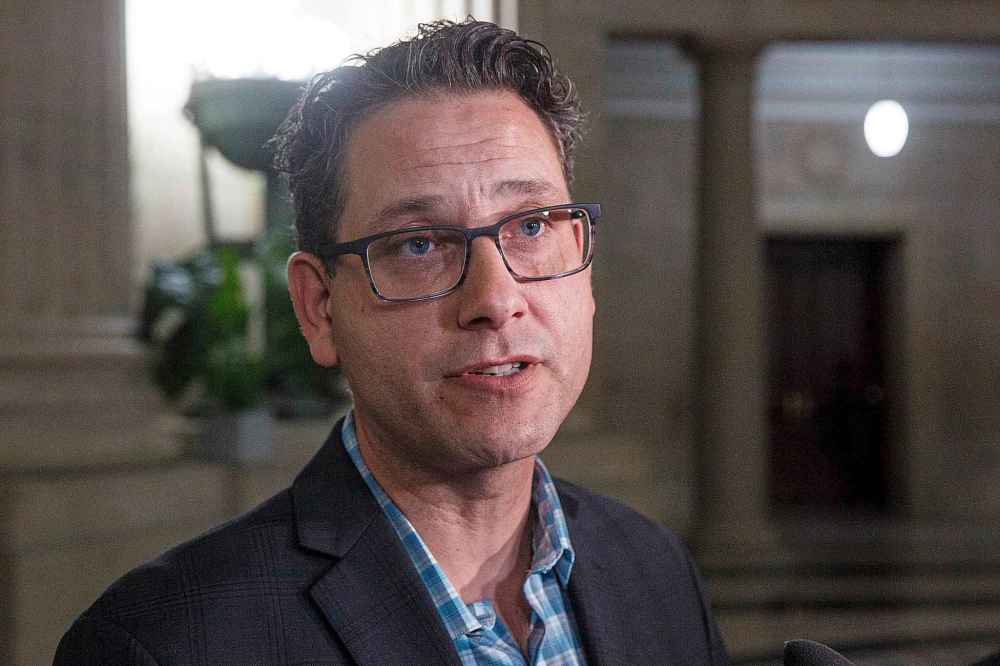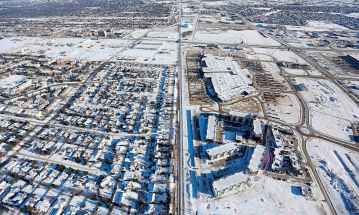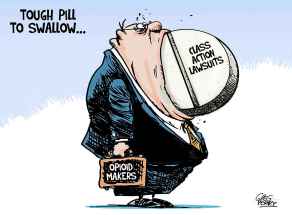Residential property taxes still highest in Canada Education levy blamed for 'skewed data'
Read this article for free:
or
Already have an account? Log in here »
To continue reading, please subscribe:
Monthly Digital Subscription
$0 for the first 4 weeks*
- Enjoy unlimited reading on winnipegfreepress.com
- Read the E-Edition, our digital replica newspaper
- Access News Break, our award-winning app
- Play interactive puzzles
*No charge for 4 weeks then price increases to the regular rate of $19.00 plus GST every four weeks. Offer available to new and qualified returning subscribers only. Cancel any time.
Monthly Digital Subscription
$4.75/week*
- Enjoy unlimited reading on winnipegfreepress.com
- Read the E-Edition, our digital replica newspaper
- Access News Break, our award-winning app
- Play interactive puzzles
*Billed as $19 plus GST every four weeks. Cancel any time.
To continue reading, please subscribe:
Add Free Press access to your Brandon Sun subscription for only an additional
$1 for the first 4 weeks*
*Your next subscription payment will increase by $1.00 and you will be charged $16.99 plus GST for four weeks. After four weeks, your payment will increase to $23.99 plus GST every four weeks.
Read unlimited articles for free today:
or
Already have an account? Log in here »
Hey there, time traveller!
This article was published 28/10/2019 (2241 days ago), so information in it may no longer be current.
Once again Winnipeg dubious distinction of having the highest residential property taxes in the country in the annual Canadian Property Tax Rate Benchmark Report. But there really ought to be an asterisk beside it.
That’s because a good portion of residential property tax Winnipeg residents pay includes a tax that municipalities collect on behalf of school boards, something that municipalities in other provinces do not do.
In the recent provincial election campaign, Manitoba Premier Brian Pallister said that in his second term he would start a 10 year phase out of that tax starting in a couple of years.

Loren Remillard, the president of the Winnipeg Chamber of Commerce, said if you took out the educational component of the city’s residential property tax, we would be right in line with the rest of the country.
“A good chunk of it is education realty taxes that the city has no control over and the city derives zero benefit from directly in terms of their operation,” Remillard said. “So, given that Winnipeg and Manitoba are one of the the few jurisdictions that still operates that way, it really does skew the data.”
What the data does show is that Winnipeg ranks 11th among the 11 largest cities in the country with residential property taxes levied at $12.33 per $1,000 of assessed value of the property. That’s up 1.76 per cent from last year.
On the commercial property tax side, Winnipeg is right near the national average at $24.23 per $1,000 of assessed value.
A spokesman for the city pointed out that in addition to the education tax component the report also does not factor in the Manitoba Provincial Education Property Tax Credit which would knock off about $700 from most property tax bills.
The spokesman said that if the the education component was subtracted Winnipeg would have the sixth lowest rate per $1,000 of assessed value and would be below the national average.
“Successful communities are the ones that grow the pie, not increase the burden borne by those already here. The core of any economic development strategy is growth. And you drive more government revenue not by taxing more but by having more (people and businesses) paying into the tax system.” – Loren Remillard
Rod Slaughter, vice-president at Altus Group, the company that puts the survey together, said he could not speak in detail about other provincial jurisdictions, but said, “In Manitoba there is a higher amount of school funding coming from the property tax bill than in other provinces.”
Altus Group is particularly sensitive to the ratio between commercial and residential rates. Winnipeg’s is third lowest in the country (only Regina and Saskatoon are lower) and that ratio has been relatively stable for the past three years.
Whereas commercial property tax rates are 1.96 times higher than residential rates in Winnipeg, they are well over three times higher in Toronto, Vancouver, Montreal and Calgary.
In that regard the Altus report asks the question, mostly on behalf of small business retailers in Toronto, Vancouver, Calgary and Montreal — are property taxes killing small business retail?
That’s because the rising valuations on commercial properties in Vancouver, Toronto and Montreal has put pressure on the sustainability of small commercial businesses operating in those cities.
While that is arguably not necessarily happening in Winnipeg, Remillard says groups like the chamber have to remain vigilant that that does not happen here.
“Successful communities are the ones that grow the pie, not increase the burden borne by those already here,” he said. “The core of any economic development strategy is growth. And you drive more government revenue not by taxing more but by having more (people and businesses) paying into the tax system.”

Peter Squire, market analyst for the Winnipeg Realtors Association, said even though residential rates rates may seem high in Winnipeg, the ranking is relative to $1,000 of assessed value and since Winnipeg property values are lower than they are elsewhere in the country, that has to be taken into account in comparing tax rates.
At the same time, he said the city has to balance things out appropriately regardless of how quickly the tax base is growing.
“We still have the same services we have to deliver for this footprint we have as a city, including police and fire department and all those other things,” Squire said. “They do not go away.”
martin.cash@freepress.mb.ca
Canadian Property Tax Rate Benchmark Report

Martin Cash has been writing a column and business news at the Free Press since 1989. Over those years he’s written through a number of business cycles and the rise and fall (and rise) in fortunes of many local businesses.
Our newsroom depends on a growing audience of readers to power our journalism. If you are not a paid reader, please consider becoming a subscriber.
Our newsroom depends on its audience of readers to power our journalism. Thank you for your support.









